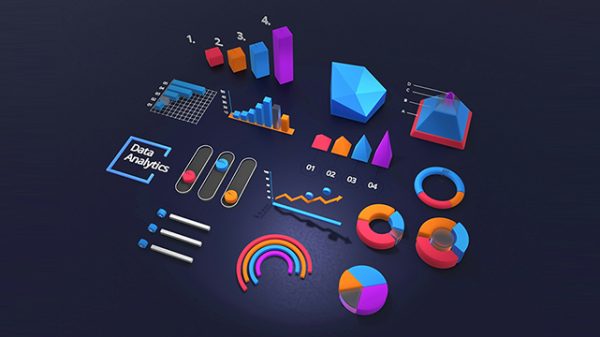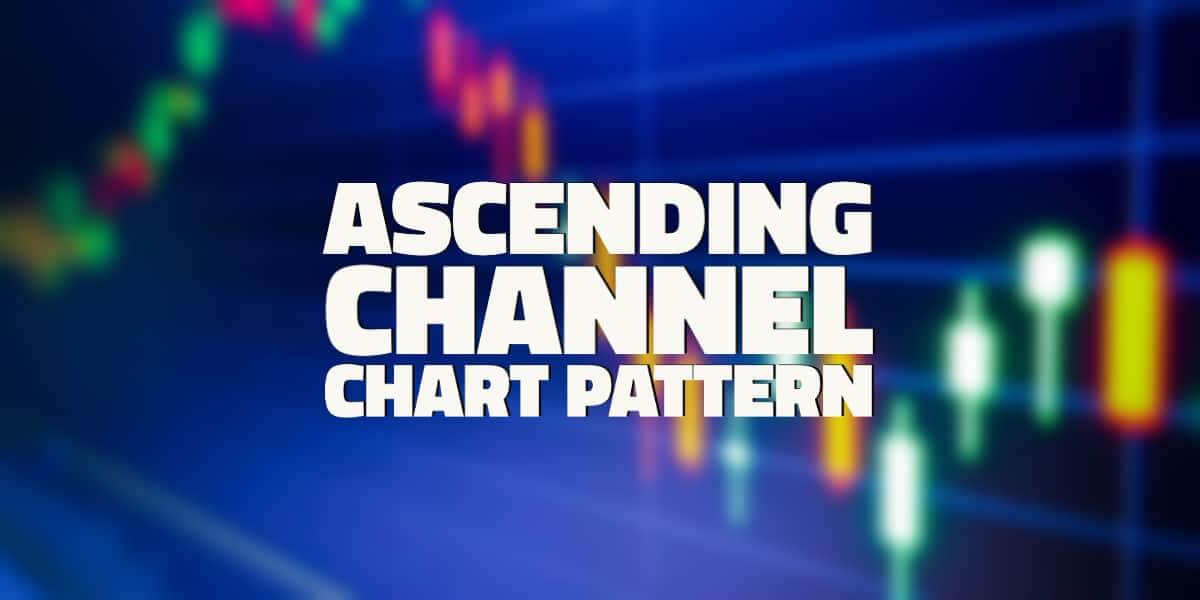What Is Rising (Or) Ascending Channel Chart Pattern?
Are you interested in a rising or ascending chart pattern?
It is a technical analysis tool used by traders in order to identify a bullish trend in a stock, commodity, or currency pair.
A rising or ascending channel chart pattern is formed by drawing two parallel lines that connect the highs and lows of the price action over a period of time. What’s interesting is that the upper line connects the highs, while the lower line connects the lows.
We need to note that the rising channel is considered bullish because it shows an uptrend, where the stock or asset is making higher highs and higher lows.
Traders may use the pattern mentioned above in order to spot potential entry and exit points, as well as to set stop-loss orders. Traders may also use other technical indicators, such as moving averages, to confirm the bullish trend and help make trading decisions.
You need to keep in mind that no technical indicator or pattern can guarantee future price movements. So, you should always use risk management strategies to protect your capital.
Rising or ascending channel chart pattern and rising channel pattern breakout
The rising or ascending channel chart pattern and the rising channel pattern breakout are related concepts in technical analysis. However, they represent different stages of the same trend.
A rising channel pattern breakout occurs when the price of an asset breaks out of the upper channel line of a rising channel pattern, indicating a potential continuation of the uptrend or a reversal to a stronger bullish momentum.
When a breakout occurs, it is typically accompanied by high trading volume, which suggests increased investor interest and participation in the market.
Traders may use this breakout as a signal to enter into a long position or add to an existing long position, with a stop-loss order placed below the breakout level to manage their risk.
However, it is important to note that false breakouts can occur, where the price briefly breaks above the upper channel line but then quickly falls back within the channel.
To confirm the validity of a breakout, traders may use additional technical indicators or wait for a confirmation candlestick pattern before entering a trade.
The rising or ascending channel chart pattern is a visual representation of a bullish trend, where the price of an asset is making higher highs and higher lows within two parallel trend lines. Traders use this pattern to identify potential entry and exit points and to set stop-loss orders.
What is the difference between the rising or ascending channel chart pattern and the rising channel pattern breakout target?
The rising or ascending channel chart pattern and the rising channel pattern breakout target are quite similar. Nonetheless, they represent different aspects of a bullish trend.
The rising channel pattern breakout target is a price level that is calculated based on the height of the channel pattern.
What makes a rising or ascending channel chart pattern so interesting?
Traders often use the rising or ascending chart pattern to identify potential buying and selling opportunities in financial markets.
Traders may also use other technical indicators, such as moving averages, to confirm the trend and make trading decisions. For instance, if the price is above a long-term moving average, it may indicate a strong bullish trend, while a price below the moving average may indicate a bearish trend.
Technical analysis
As stated earlier, a rising or ascending channel chart pattern is a technical analysis tool. So, it makes sense to gather more information about technical analysis.
It is a method of analyzing financial markets based on historical price and volume data, using charts and other tools. Thanks to the method mentioned above, it is easier to identify trends and patterns that can help predict future price movements.
Do you know what is the main idea behind technical analysis?
The main idea behind the above-mentioned method is that market trends and other factors can be analyzed to identify opportunities for profitable trading.
This method uses various tools and techniques to study price charts, such as moving averages and trend lines. It also uses support and resistance levels, as well as indicators such as the Relative Strength Index (RSI) and the Moving Average Convergence Divergence (MACD).
Technical analysis is a really interesting method as it is applicable to stocks, bonds, commodities, currencies, and cryptocurrencies.
Technical analysis is widely used in financial markets, including stocks, bonds, commodities, currencies, and cryptocurrencies.
However, it is important to note that technical analysis isn’t foolproof and can’t guarantee future price movements. In order to minimize the risk, it is better to use technical analysis along with other risk management strategies.
Now, you know what to answer if someone asks you about a rising or ascending chart pattern. Nevertheless, learning as much as possible about the topic is a good idea.
The post What Is Rising (Or) Ascending Channel Chart Pattern? appeared first on FinanceBrokerage.























